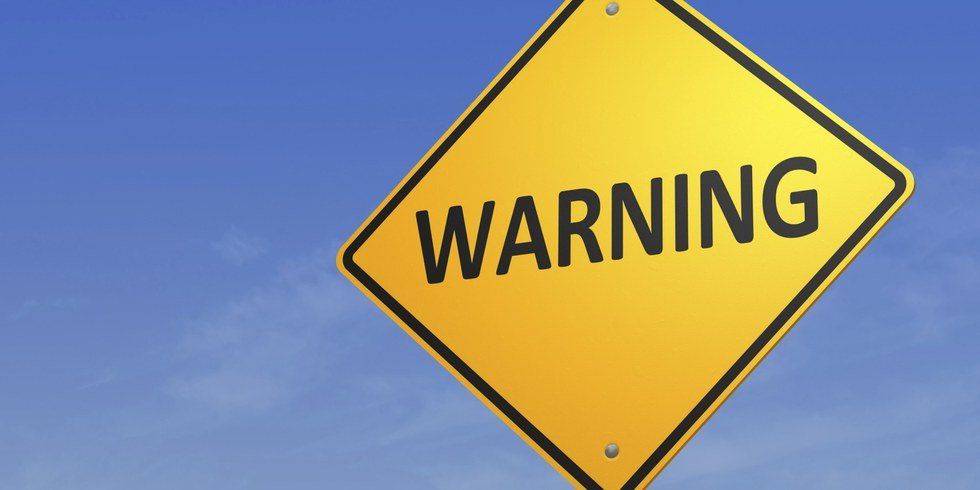A hot topic in the media and in education right now is that of “trigger warnings.” A trigger warning is a statement that is at the beginning of a video, piece of writing, lecture, etc., that warns the audience that there is potentially upsetting material that may upset people who have experienced trauma. This topic is something that is very big on college campuses but also on social media. The subject has become a meme and kind of a punch line about the millennial generation. There has been a lot of push back from college campuses around the United States about using trigger warnings because a lot of people believe that using trigger warnings is actually a bad thing. This is because some people or groups of people misinterpret what trigger warnings actually are. Trigger warnings are not liberal students trying to remove everything and anything that causes them “discomfort or offense.” They should not be given when someone has a different opinion on certain intense topics. Trigger warnings exist to give individuals who have a real anxiety condition to remove themselves from the situation. For example, if there is a classroom full of students there might be one student who is a veteran. If during this class, the professor decides to show a violent movie about war that is riddled with gunshots, which may cause the veteran to have extreme flashbacks because they have PTSD. This situation could’ve been avoided if the professor made an announcement at the beginning of the class telling students what was going to happen.
Some professors that I have encountered that are against trigger warnings say that they believe that trigger warnings interfere with education. They believe that somehow, warning people of a potentially distressing piece of work will cause that individual of getting lesser of an education because it is not preparing them for the “real world.” This is, plainly speaking, incorrect. Mental health is a huge issue in the United States right now and is something that isn’t taken very seriously. I am a strong believer of helping those with mental health issues, which includes those with PTSD.
This includes survivors of sexual assault. For some reason, there is more resistance towards women who are sexual assault survivors who have some sort of anxiety disorder than most other groups of people. Being sexually assaulted is a very traumatic thing and those who have survived such an awful event should have the opportunity to place their mental health as a priority. Sometimes, those who need help have to depend on others to warn them if there is damaging material in things that they might witness.
This is less of an issue of liberals vs. democrats and more of an issue of compassion. To those who are against trigger warnings: how would you feel if you had an anxiety disorder? Wouldn't you want the extra warning to prepare yourself or remove yourself from the situation?





















